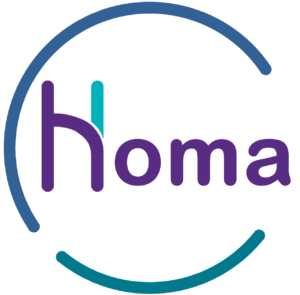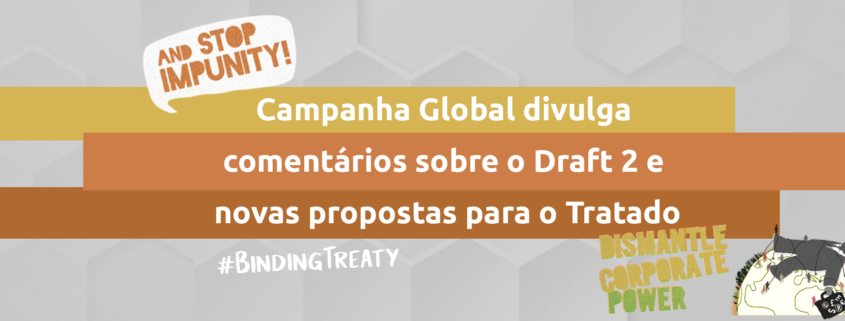The 6th Negotiation Session of the Business and Human Rights Treaty takes place this week
November 5th marked the 5th year since the failure of a dam owned by a transnational corporation, in Mariana, Minas Gerais. Even after so many years, there has still been no full remediation of the damage cause to the environment and to the people affected. In addition to this case, there are countless others registered in Brazil.
In this scenario, it is important that society seeks international standards that can reverse this system of corporate impunity that is perpetuated worldwide. For this, it is necessary to pay attention to the Process of Negotiation of a Treaty on Business and Human Rights that is under discussion at the UN, in Geneva, which will have its 6th Session starting on the 26th of October, ending on the 30th. Homa is covering the Session on Twitter @homacdhe, follow the #HomaNaONU. Follow us to stay updated on the main points!
The process will enter a crucial phase, which is the discussion of the text of each article of what may be the future international treaty on the subject, with chances to revolutionize how human rights violations by transnational corporations are handled by States and the Judiciary.
The objective of this legal instrument is to regulate the activities of transnational corporations at the international level, in order to create binding rules so that they respect human rights and, in case they violate it, they will be held responsible and effectively repair all damages caused.
This process is led by the “Open-ended intergovernmental working group (OEIGWG) on transnational corporations (TNCs) and other business enterprises with respect to human rights” chaired by Ecuador, and began in 2014, after much pressure from developing countries, which are the main victims of the activities of transnational corporations. Since then, there have been many attempts by some States, mainly by developed countries, to hold back the process or weaken it from the point of view of human rights protection. In this scenario, it is important to highlight the Brazilian delegation’s attempt to prevent Civil Society from participating in the session last year, in a totally undemocratic manner..
The international Civil Society, headed by the Global Campaign (stopcorporateimpunity.org), of which we are members and legal advisors, has been pressuring the delegations of the countries, publishing analyses of the drafts of the Treaty, making speeches during the sessions and organizing events on the subject, seeking to make society aware of the discussion and actively involve itself, as well as to ensure that the instrument may in fact have a perspective of primacy of human rights.
The Global Campaign has released its full analysis of draft 2, containing new proposals for the text of the Treaty. Read on:
PRESS CONFERENCE
On October 27th, the “Online Press Conference: UN Binding Treaty on Transnational Corporations and Human Rights: Historic opportunity to Hold Transnationals Accountable” took place at 9am in Brazil (1pm in Geneva). The press conference, at which high-level political and civil society actors will be present, will be an opportunity to gain insights into this historic process and expected developments.
The press conference included time for questions and had simultaneous translation into English, French and Spanish. It was organized by the Global Campaign to Reclaim Peoples Sovereignty, Dismantle Corporate Power and Stop Impunity and the Global Interparliamentary Network (GIN) in Support of the UN Binding Treaty .
The table of panelists was composed by
Charles Santiago. Member of Malaysian Parliament. Chairperson of ASEAN Parliamentarians for Human Rights, Malaysia
Leïla Chaibi, Member of the European Parliament, France insoumise (GUE/NGL)
Dr. Manoela Carneiro Roland. HOMA’s Coordinator (Human Rights and Business Center) Prof of the Federal University of Juiz de Fora, Brazil
Keamogetswe Seipato. Coordinator of the Southern African Campaign to Dismantle Corporate Power. Alternative Information & Development Center (AIDC), South Africa.




Leave a Reply
Want to join the discussion?Feel free to contribute!